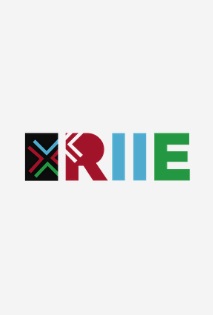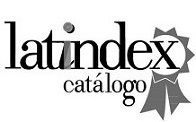Teacher training and Qom language reclaim: the case of students from Colonia Aborigen
DOI:
https://doi.org/10.30972/riie.092388Keywords:
Qom language, linguistic revitalization, teacher training, recuperantesAbstract
In Chaco province, bilingual intercultural teachers have been trained during the last thirty years. Young people from the Qom, Wichi and Moqoit communities are been trained at CIFMA (Centro de Invetigación y Formación para la Modalidad Aborigen) as future teachers for EBI schools. This institution becomes a linguistic revitalization space for those who have diverse indigenous language competencies. In this paper, specifically we are interested in CIFMA students which came from Colonia Aborigen Chaco. This young people have limited skills in the language of their community. Based on the analysis of semistructured interviews and data provided by sociolinguistic questionnaires collected in CIFMA, we intend to explore the senses that this group builds around the Qom language, its "loss" and "reclaim". With this analysis, we intend to characterize the native category of “recuperantes” that the students use to describe themselves. Further, we will relate this category to other similar sociolinguistic categories, such as the "new European speakers" (Pujolar et al., 2015) and the "emergent bilinguals" of Peru (Zavala et al., 2014). As we will show, the “recuperantes” present specific features linked to the history of the Qom people and to the State’s violence, and in relationship with the link between language revitalization and teacher training.Downloads
Download data is not yet available.
Downloads
Published
2016-11-29
How to Cite
Romero Massobrio, L. (2016). Teacher training and Qom language reclaim: the case of students from Colonia Aborigen. Revista Del Instituto De Investigaciones En Educación, (9), 18–28. https://doi.org/10.30972/riie.092388
Issue
Section
Artículos basados en investigación empírica
License
Aquellos autores/as que tengan publicaciones con esta revista, aceptan los términos siguientes:
- Los autores/as conservarán sus derechos de autor y garantizarán a la revista el derecho de primera publicación de su obra, el cuál estará simultáneamente sujeto a la Licencia de reconocimiento de Creative Commons que permite a terceros compartir la obra siempre que se indique su autor y su primera publicación esta revista.
- Los autores/as podrán adoptar otros acuerdos de licencia no exclusiva de distribución de la versión de la obra publicada (p. ej.: depositarla en un archivo telemático institucional o publicarla en un volumen monográfico) siempre que se indique la publicación inicial en esta revista.
- Se permite y recomienda a los autores/as difundir su obra a través de Internet (p. ej.: en archivos telemáticos institucionales o en su página web) antes y durante el proceso de envío, lo cual puede producir intercambios interesantes y aumentar las citas de la obra publicada. (Véase El efecto del acceso abierto).






.jpg)


